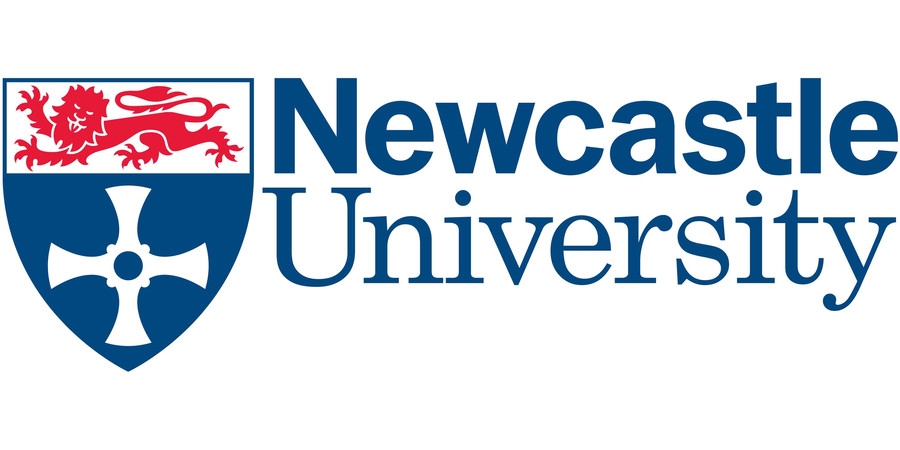PhD studentship in Diagnostics and Bioinformatics of Kidney Genetics
Newcastle University
| Qualification Type: | PhD |
|---|---|
| Location: | Newcastle upon Tyne |
| Funding for: | UK Students, EU Students, International Students |
| Funding amount: | Stipend of £18,873 (stipend may be uplifted subject to confirmation) and home fees. |
| Hours: | Full Time |
| Placed On: | 22nd July 2025 |
|---|---|
| Closes: | 10th August 2025 |
| Reference: | TC120 |
Award Summary
This is a 4-year studentship. Stipend of £18,873 (stipend may be uplifted subject to confirmation) and home fees.
Overview
Chronic kidney disease (CKD) is one of the fastest-growing global health challenges, affecting 22% of adults aged 35+. It progresses silently to kidney failure, requiring dialysis or transplant, and significantly raises the risk of early death.
Up to 30% of CKD cases have a single-gene (monogenic) cause. Understanding these enables precise diagnosis and personalised treatment and offers insight into kidney fibrosis – the final pathway for all CKD.
One of the most important inherited kidney diseases is Autosomal Dominant Tubulointerstitial Kidney Disease (ADTKD) caused by mutations in the MUC1 gene. ADTKD-MUC1 is among the most common monogenic kidney diseases, but is frequently misunderstood, forgotten, and missed. As a toxic proteinopathy that leads to progressive fibrosis, it offers a powerful model for studying common pathways in CKD and represents a high-priority condition as new disease-modifying therapies are developed.
This PhD tackles a key diagnostic bottleneck in ADTKD-MUC1 and integrates precision genomic medicine into routine kidney care. You will build a clinical trial-ready cohort by developing an accurate, scalable sequencing and bioinformatics pipeline, alongside genetic risk stratification, positioning Newcastle as a world leader in ADTKD diagnostics and clinical trials.
What you’ll do
You will work at the interface of laboratory and data science, and clinical genetics.
You will:
- Establish and characterise the UK ADTKD-MUC1 cohort, integrating genetic, clinical, and demographic data for national research and trials.
- Establish high-fidelity MUC1 sequencing using long-range PCR and ultra-deep nanopore sequencing to resolve the complex VNTR region and identify mutations.
- Develop and optimise bioinformatics tools to detect mutations using positive controls.
- Apply polygenic risk scores (PRS) to genome-wide SNP data to identify individuals at highest risk of kidney function decline, aiding trial prioritisation
What you will learn and why it matters
This PhD provides a rare skill set sought after in academia, biotech, and healthcare innovation, including:
- Genomic technologies – hands-on experience in long-read sequencing and variant interpretation
- Bioinformatics – pipeline development, visualisation, and statistical modelling
- PRS – applying big data to personalise medicine
- Clinical translation – taking research into real-world healthcare
- Science communication and patient engagement – essential for impact
You will graduate with the expertise to pursue a career in genomic medicine, diagnostic innovation or precision healthcare.
This studentship is part of the LifeArc ARDT, a UK-wide £12m partnership between Newcastle, Birmingham, and Belfast to accelerate rare disease trials. You’ll receive training, engage in translational research, and collaborate across institutions.
More info: https://rarediseasetrials.org.uk/
Number Of Awards: 1
Start Date: September 2025
Award Duration: 4 years
Application Closing Date: 10 August 2025
Sponsor: LifeArc
Supervisors
Prof John Sayer
Prof Heather Cordell
Dr Juliana Arcila-Galvis
Eligibility Criteria
- Minimum 2:1 Honours degree or equivalent in Genetics/Bioinformatics/Genomics
- High-level computing skills desirable; MRes advantageous
- IELTS 6.5 overall (if applicable)
- International students must cover the fee difference
How To Apply
Apply via: https://applyto.newcastle.ac.uk/
Course code: 8440F; Reference code: TC120
When asked for a research proposal, select ‘Write Proposal’ and enter the project title (no full proposal needed).
You may upload a cover letter/CV outlining your relevant interests and experience.
Please upload degree transcripts/certificates and, if applicable, English language qualification.
Contact Details: John.sayer@ncl.ac.uk
Advert information
Type / Role:
Subject Area(s):
Location(s):









